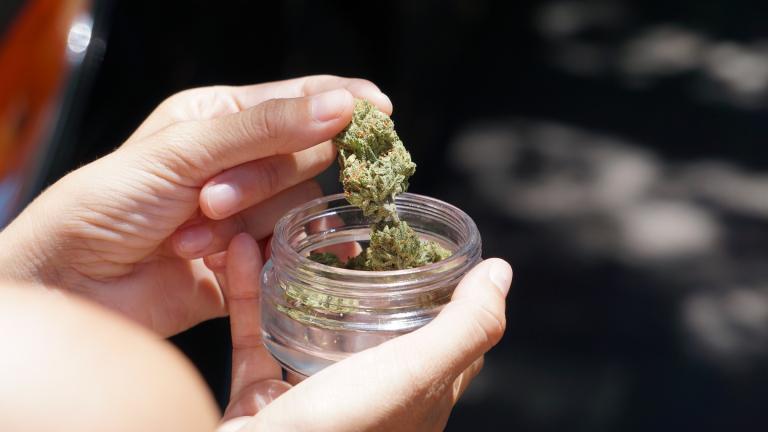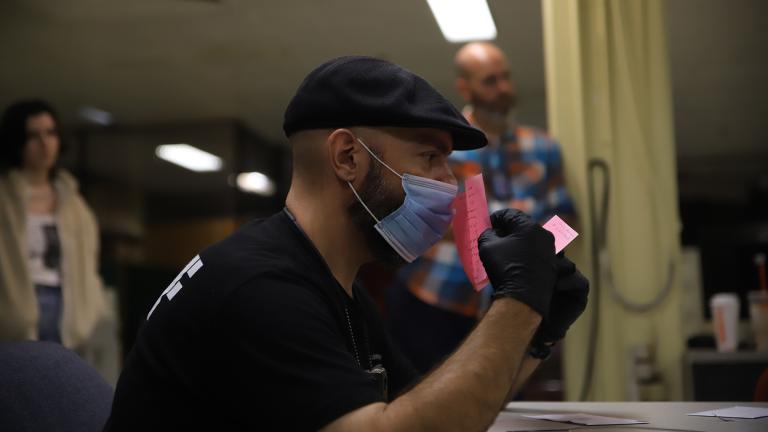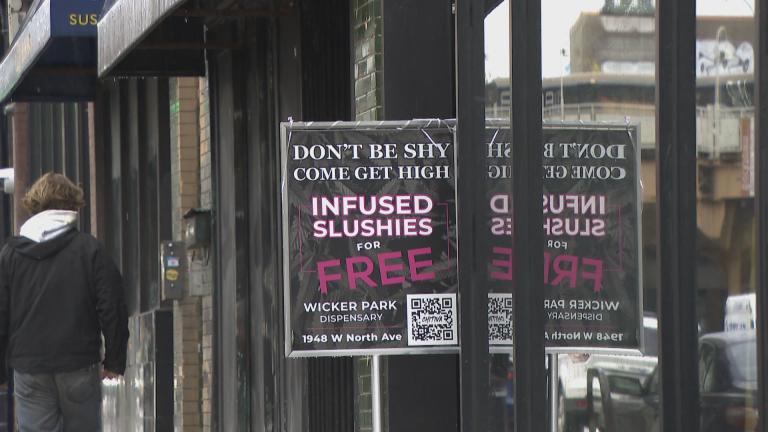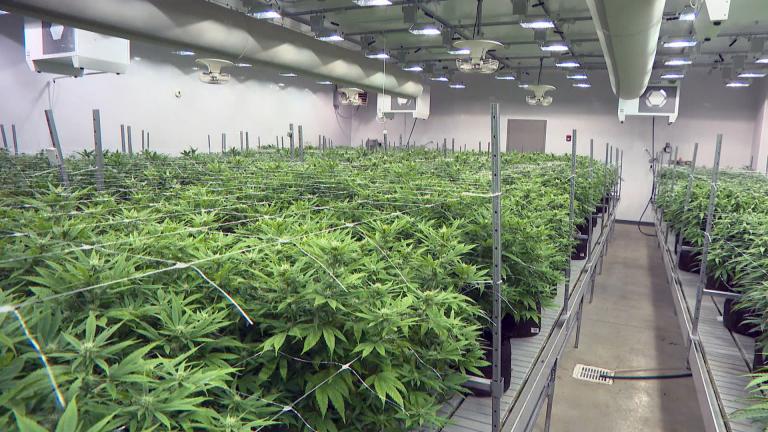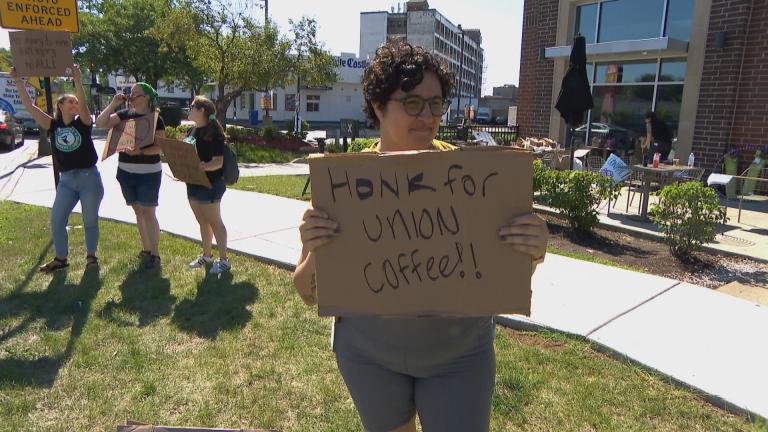In some ways, the legalization of recreational marijuana in Illinois at the start of 2020 was like a light switching off: suddenly, possessing or using pot was legal.
But the law did other things, too.
As Beth Johnson, an attorney with the Illinois Equal Justice Foundation, puts it: “The legislation was both forward-thinking as well as retroactive in addressing the past harm caused by the same activity that’s now legal under the law.”
Those aspects of Illinois’ marijuana legalization law have been slower to realize. The process of awarding additional licenses to grow and sell cannabis was so bungled that the state has yet to make good on promises of social equity. And though clearing criminal records for those convicted of low-level drug crimes was always going to be gradual, it’s even more so given that it’s a paperwork-intensive legal process and Illinois courts are behind in their caseloads because of the coronavirus pandemic.
Individuals convicted of low-level marijuana crimes in recent years will be automatically expunged via a process instigated at the state level, but even that could take years.
In other cases, it’s up to individuals themselves to file motions in court to get their convictions vacated and expunged from public records so they will no longer appear in background checks.
There’s no guarantee those requests will be approved.
“The law, although it created this process, does not guarantee somebody would be granted. The state’s attorney in the county of conviction is still allowed to object. The court is allowed to apply factors under the law,” Johnson said. “There is an adversarial process that could be in place depending on how state’s attorneys offices and the judiciary reacts to an individual coming before them.”
Enter New Leaf Illinois, a state-funded legal aid network that’s funded by fees and taxes from the legal marijuana industry with the sole purposes of helping individuals learn whether they’re eligible for expungement, and to help them through the legal process.
Attorney Gray Mateo-Harris, a partner at Fox Rothschild LLP who is on the IEJF’s board, said New Leaf lawyers are trained to see individuals as a whole person so they can help to work through potential vacation of non-marijuana-related crimes that may have stemmed from someone initially getting in trouble with the law for something as minor as pot possession.
“A lot of these smaller cannabis convictions certainly lead to other, larger convictions,” she said. “And so we’re really cognizant of how that can have a tremendous impact on individuals for conduct that is now perfectly legal in Illinois.”
New Leaf can also work with individuals who speak Spanish or other languages, and can address related legal complications such as immigration issues, Mateo-Harris said.
Getting a clear record can likewise have a tremendous impact, she said.
Cabrini Green Legal Aid is one of New Leaf Illinois’ partners.
“Getting your record expunged is very important,” CGLA lawyer Brandon Williams said. “A criminal record can bring about many barriers to a person who is seeking employment, housing and even education and getting those records expunged or sealed can alleviate some of those problems.”
Given that background checks are required for certain marijuana jobs, a record can even block someone from employment opportunities in the cannabis industry; Williams said he’s working with one client who’s having problems with that now.
Williams says Black and Brown people were most severely caught up in the criminal justice cycle because of what started as small pot convictions — and they shouldn’t be haunted by that forever.
“Nobody knows the circumstances of how that criminal record even came about. And so, I can understand somebody got convicted of murder or armed robbery two years ago, obviously (a potential employer) is going to want to know that,” he said. “These convictions, in most convictions, are 10, 20, even 30 years old, where people can still look at their record and form their own biased opinion.”
The state has rolling deadlines for those automatic expungements, but the attorneys involved with New Leaf Illinois encourage anyone with a pot conviction to use their free services to help navigate the complicated process.
Johnson said a major benefit of a statewide, coordinated network is that New Leaf Illinois will be collecting data on cases and monitoring how it’s working: “Information on the year and type of the cannabis conviction that’s being vacated and expunged, the county that it happened, whether it’s granted or denied,” she said. “Was it because the person wasn’t eligible or was it a discretionary denial? So we’re looking at when things happened, where they happened and what the results of the petition was when it was filed. And that can correlate to all of the demographic data about individuals, too.”
Even as Illinois’ marijuana law will as of Friday have been in effect for a year, she said it’s too early to tell whether the act’s expungement component is living up to its intent, but she said hopefully in the coming months, that data will tell stories of success.
Follow Amanda Vinicky on Twitter: @AmandaVinicky


